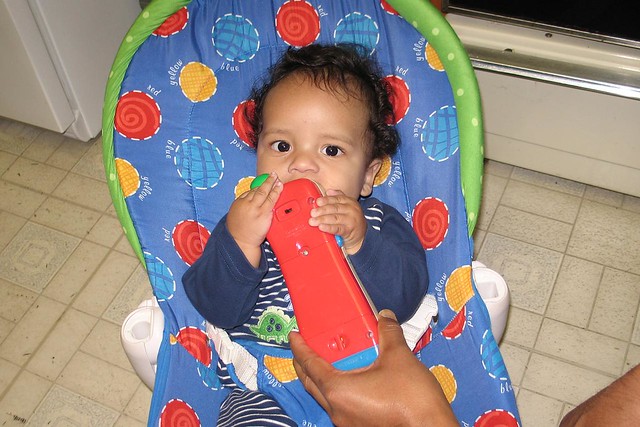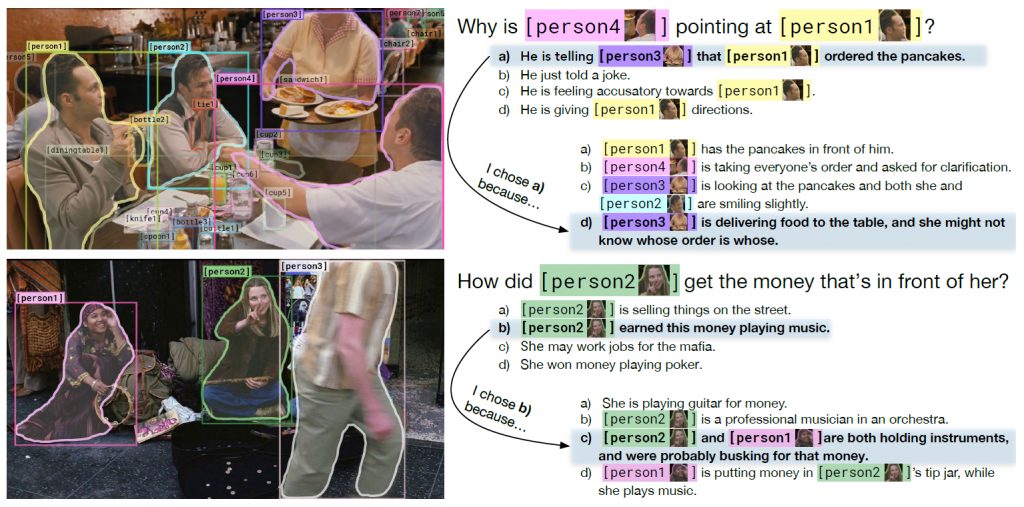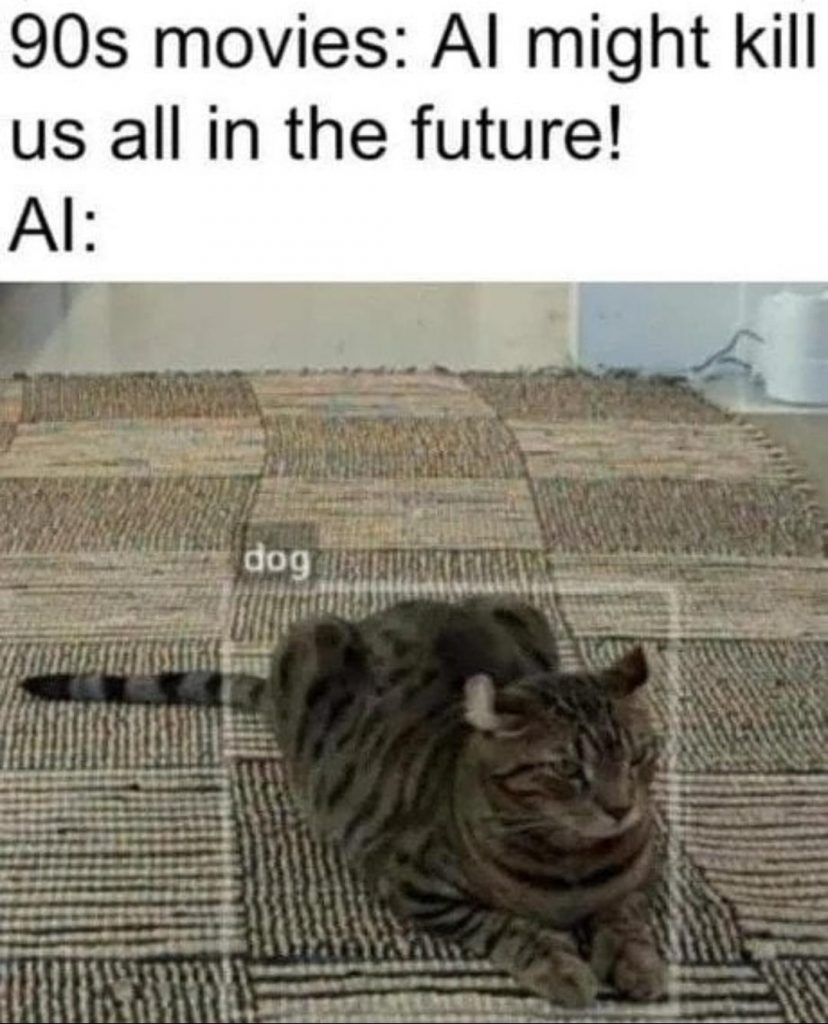

Dr. Letitia Parcalabescu receives the 2025 Ruprecht-Karls-Preis for her doctoral dissertation “Measuring the Contributions of Vision and Text Modalities in Multimodal Transformers”.

Frederick Riemenschneider's Master thesis "Investigating Language Models for Classical Philology ... from a Multilingual Perspective"
has been selected as the winner
of the GSCL Bi-annual Best Thesis Award 2025.
Congratulations, Frederick!
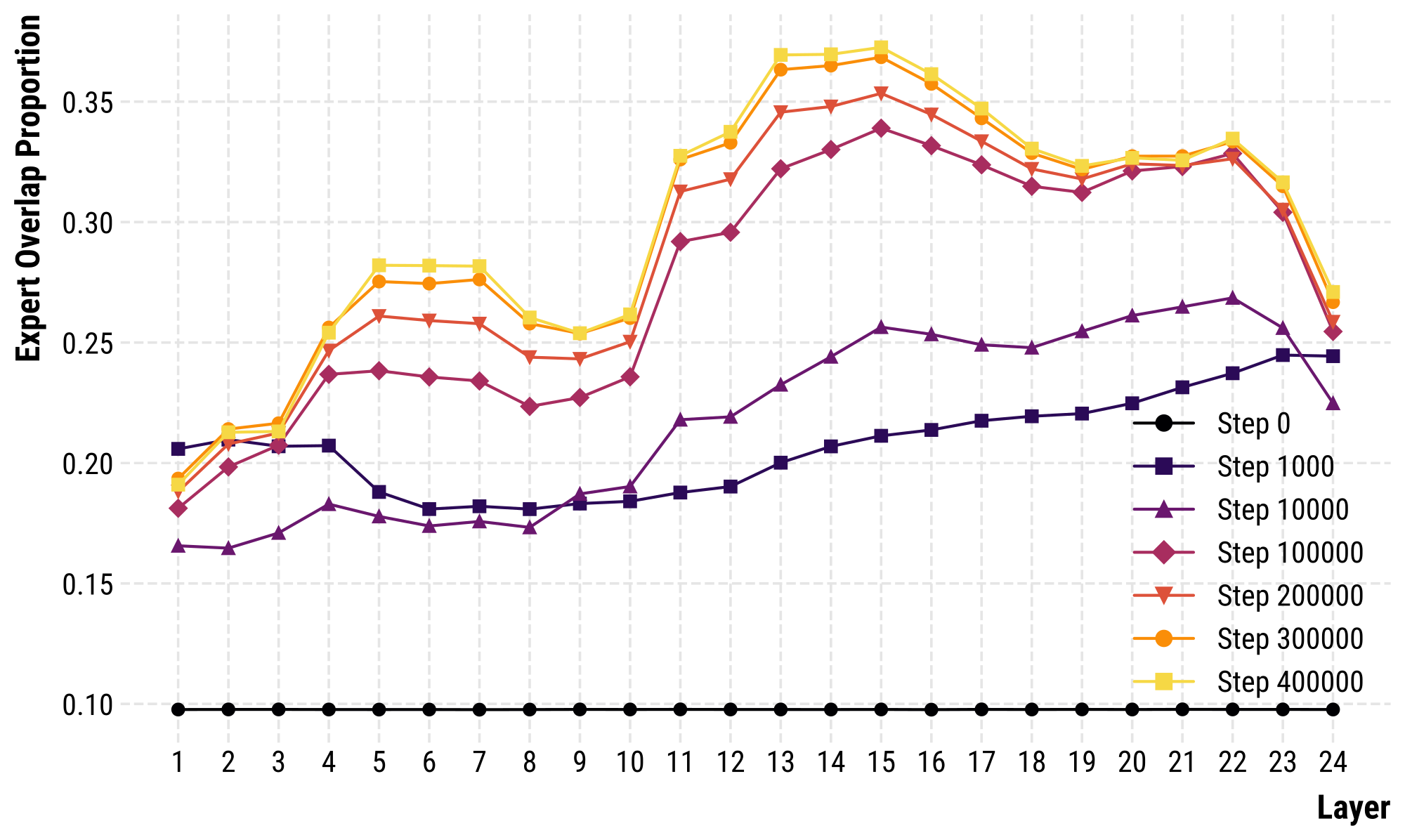
We present our new paper "Cross-Lingual Generalization and Compression: From Language-Specific to Shared Neurons", accepted at ACL'25.
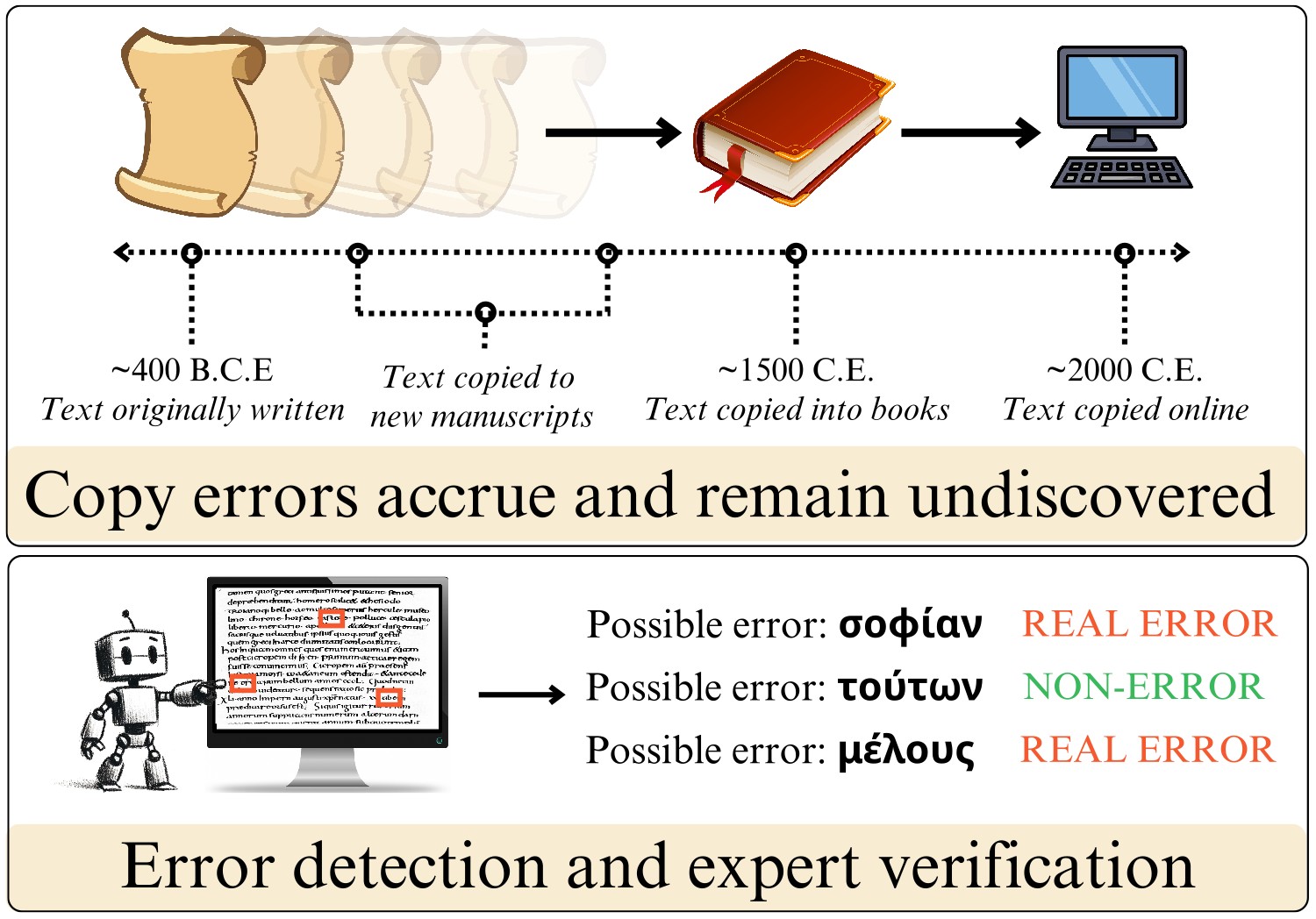
We present the new paper "An Annotated Dataset of Errors in Premodern Greek and Baselines for Detecting Them", by researchers from Princeton and MIT, with contributions from our own Frederick, accepted at NAACL'25 Findings.

Xiyan's thesis "Understanding and Improving the Compositional Generalization Abilities of LLMs in Reasoning".
-- Congratulations, Xiyan, for your fine work!

| Email (click to copy) | |
| Semantic NLP for advanced & situated Natural Language Understanding |
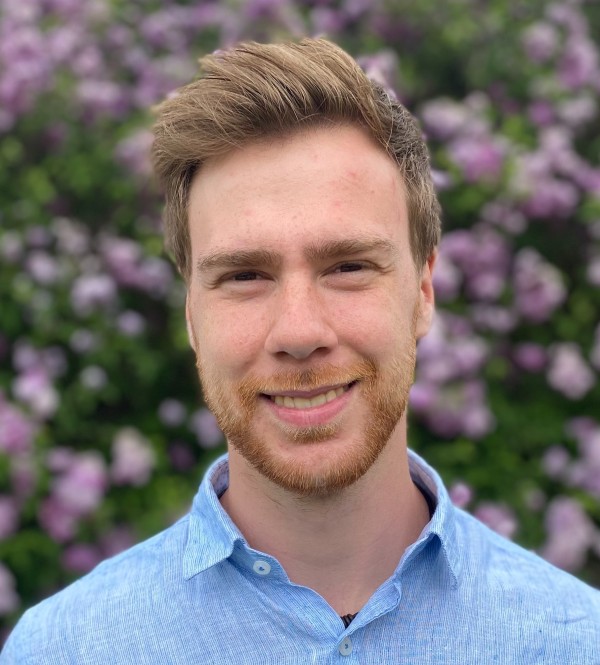
| Email (click to copy) | |
| Combining Knowledge Graphs and Language Models |
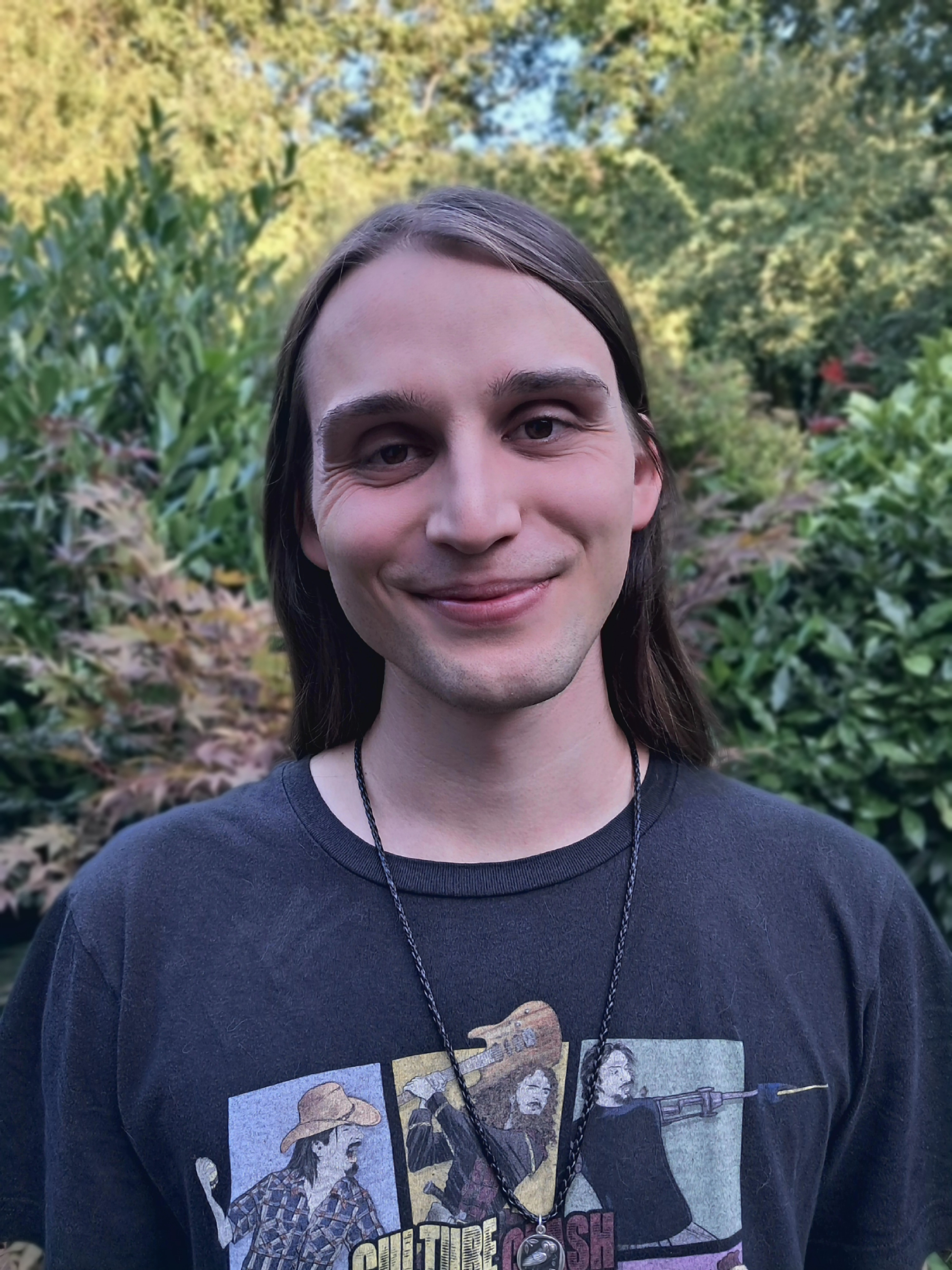
| Email (click to copy) | |
|
Low-resource Languages Multilingual Language Models |
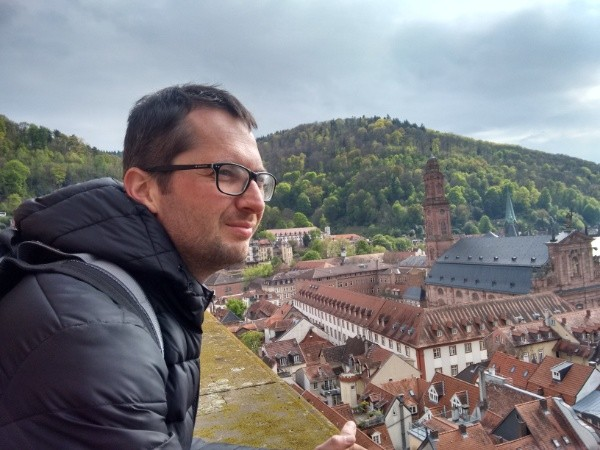
| Email (click to copy) | |
| Information Extraction from Medical Texts | |
| Institute for Computational Cardiology |

| Email (click to copy) | |
| Transcription and Transliteration | |
| Heidelberg Academy of Sciences |
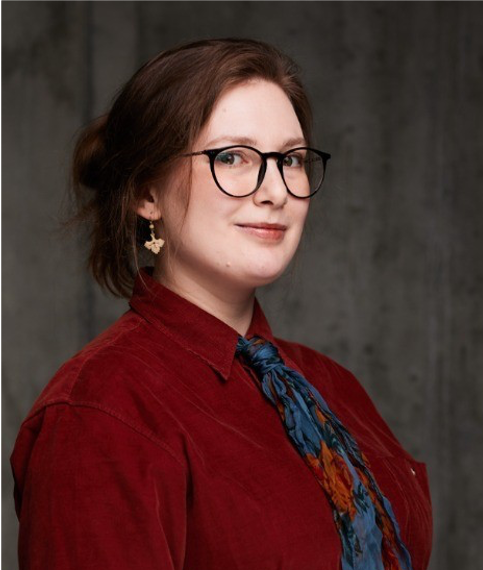
| Email (click to copy) | |
| Student Researcher in "AI & Translation" Generation of Winograd Schemata and Knowledge Graphs for Cognitive Studies |
The main purpose of language is to encode and communicate information of all sorts.
Our research focuses on semantics — the study of meaning — and how a machine can assign meaning to utterances: words, sentences and texts, as humans can do. Our work is linguistically informed and applies advanced machine learning techniques.
Understanding of language requires knowledge of language and the world, the ability to perform reasoning, and
situational context.
We study how to interface language with knowledge and how to ground language in the visual world. We investigate
what can be left implicit in texts,
given that language and knowledge interact, allowing humans to read between the lines.
For all this, humans and machines need knowledge:
about language, the world, people, social norms and the visual world.
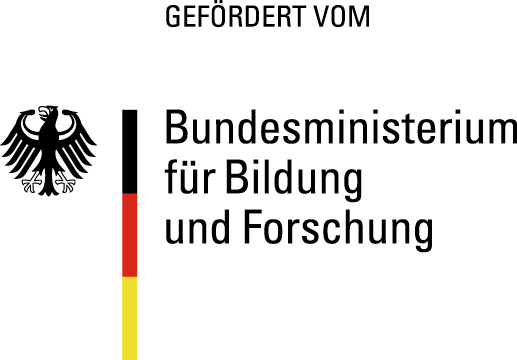


Joint project between Prof. Anette Frank (ICL, Heidelberg University) and Prof. Philipp Cimiano (University of Bielefeld) within the DFG priority program RATIO: Robust Argumentation Machines
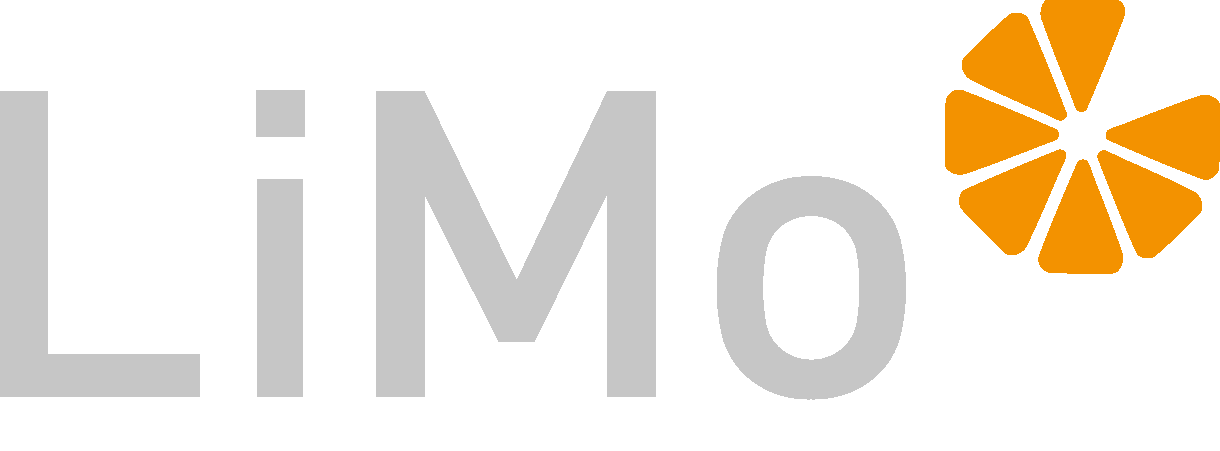


You can find our latest code releases on our Heidelberg-NLP Github page!
Over 23 repositories containing code related to our recent publications.
